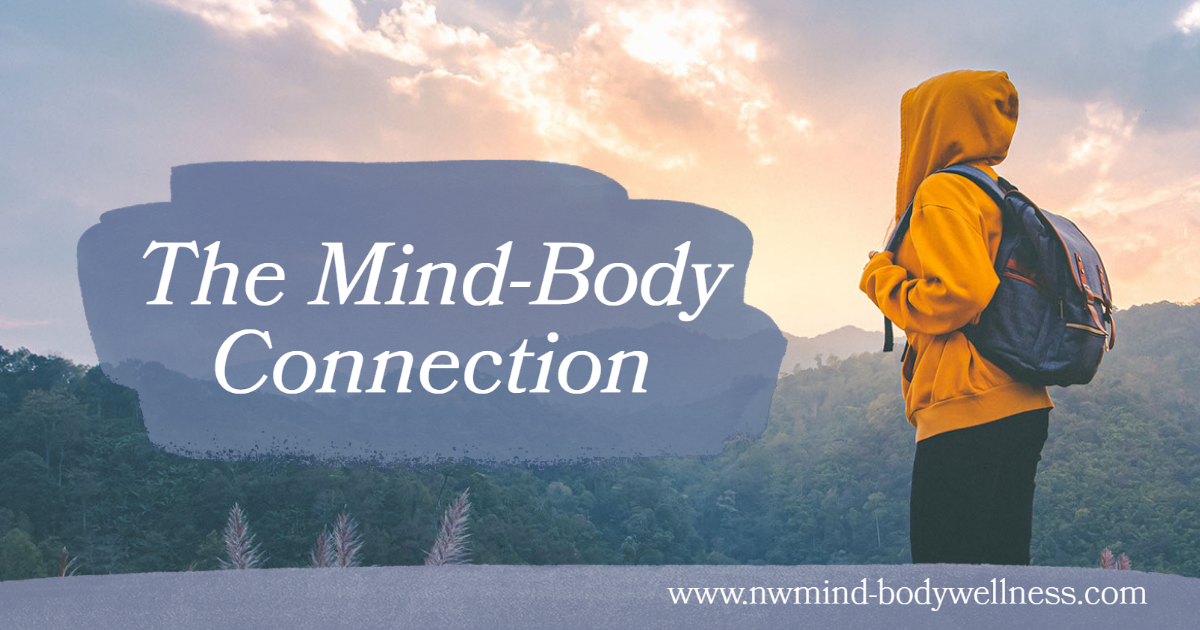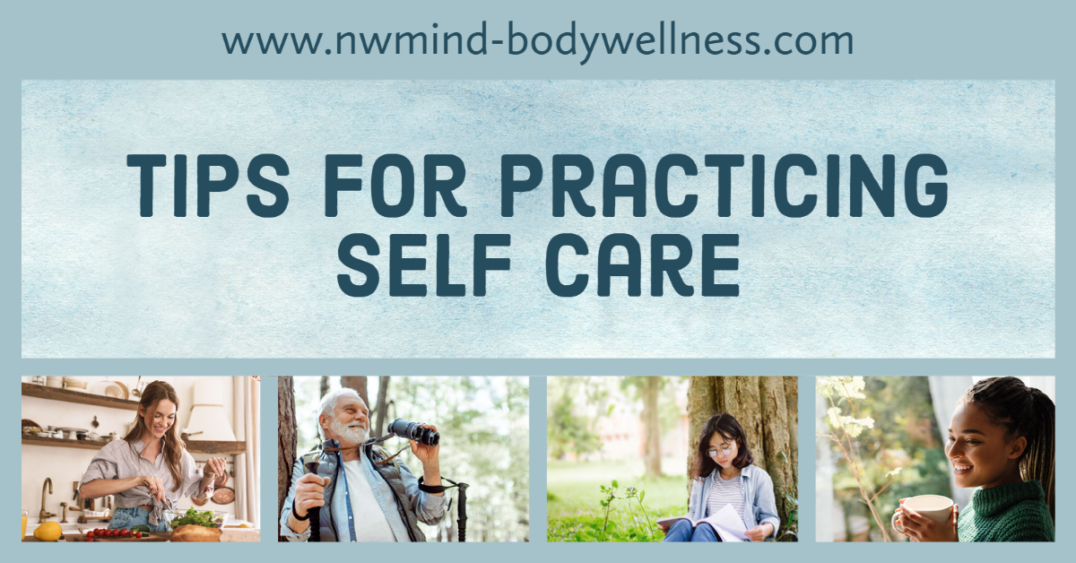The Mind-Body Connection
Mind-body connection refers to the relationship between physical and mental health. Emotions can affect one’s physical health, and one’s physical wellbeing also can affect their mental health. Due to this strong connection, it is vital to take care of both your mind and body to improve your overall wellness.
The following list includes examples of the mind-body connection.

Stress
A prime example of the connection between mind and body health is stress. Whether the source of stress is work, money, or anything else, the symptoms are often both mental and physical. As stress begins to overwhelm a person’s mind, they may also experience high blood pressure, fatigue, nausea, or other physical symptoms.

Nutrition
What we eat has a clear relationship to the health of our bodies, but it also can influence the health of your mind. The foods we eat can affect our energy levels, mood, and more. An example comes from Mental Health UK, who found that eating protein can help regulate your mood.

Sleep
Sleep is essential for the health of the mind and body. When sleep deprived, people often find that they can’t think as clearly, along with experiencing other mental symptoms. Sleep deprivation has also been linked to weakening immune systems and other physical symptoms. However, with quality rest, many people find that they feel more energized during the day, think sharper, feel calmer, and more.

Meditation
Meditation can do wonders for physical and mental health. Many people have found that mediation helps them feel relaxed and find a sense of calm. The effects are experienced in both the mind and body. While mediation can help ease one’s mind, they may also find themselves feeling less tense or physically on edge.

State of Mind
While one’s state of mind may not directly affect their physical health, it can certainly provide encouragement. Oftentimes, those in good mental health find it easier to take care of their bodies. The same can also go for one who is struggling with their mental health, they may struggle to take care of their physical health. Increasing one’s mental health can cause a domino effect and influence their physical health.
Learn More
To learn more about improving the health of both your mind and body we recommend contacting your health care provider.
To read more about the mind-body connection, the following resources are suggested:
Mental Health UK: https://www.mentalhealth.org.uk/a-to-z/p/physical-health-and-mental-health
NAMI Hearts & Minds: https://heartsandminds.nami.org/
Return to home page: https://nwmind-bodywellness.com/
Read more articles: https://nwmind-bodywellness.com/articles/














